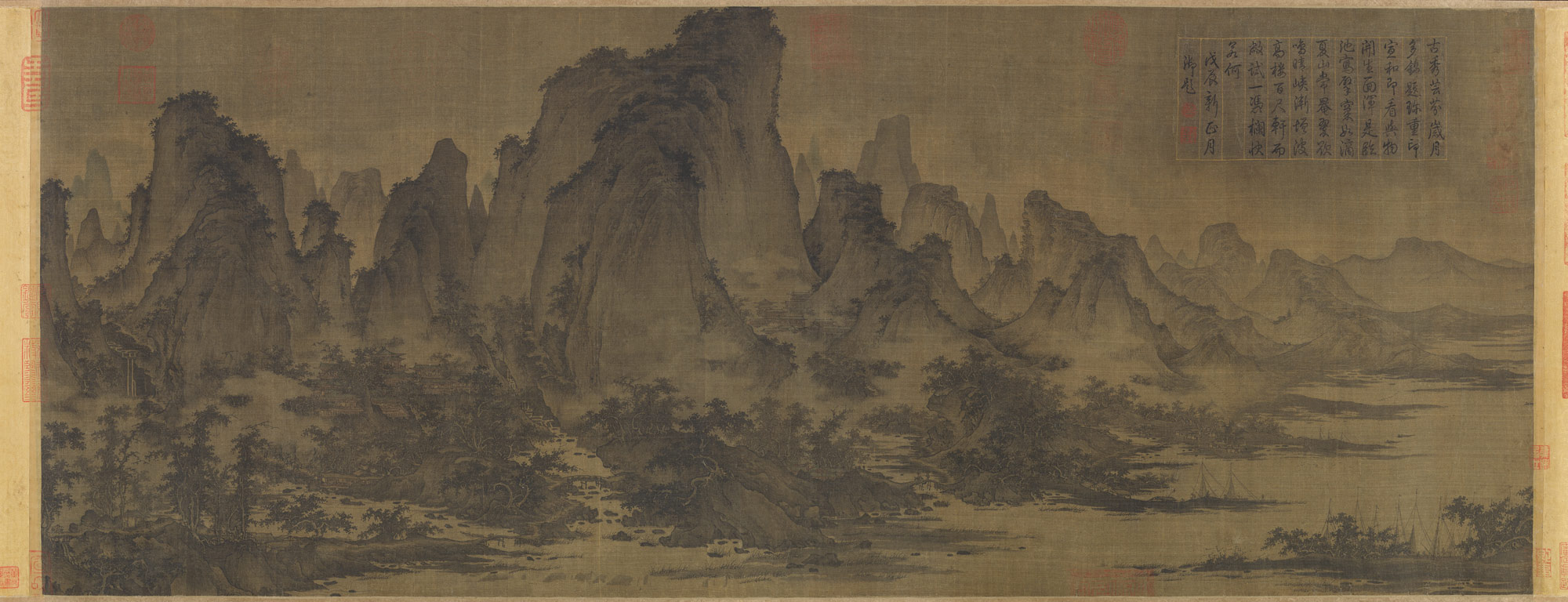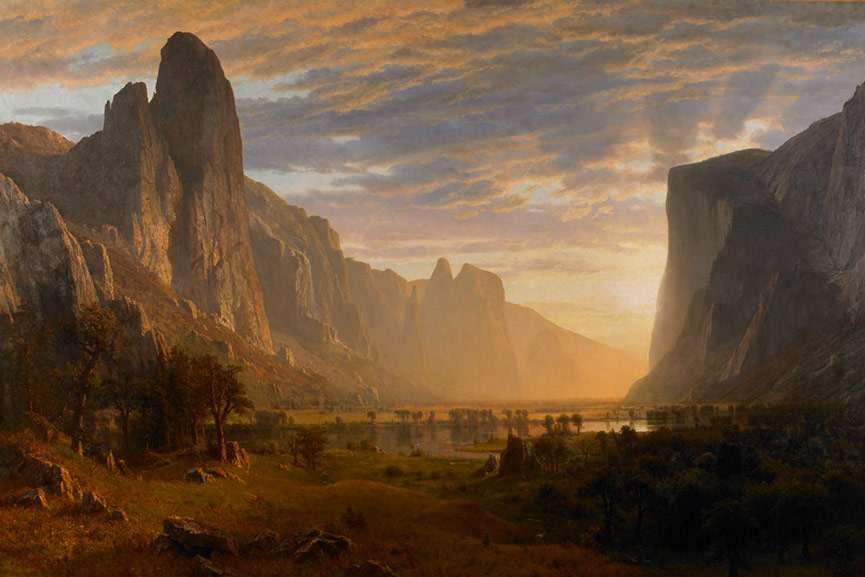This semester, I made a point of finding something to read that would relate to course material, but would also be considered fun/personal reading. Luckily, my brother had recommended a science fiction series called “Remembrance of Earth’s Past.” The trilogy is usually referred to by the name of the first novel, The Three-Body Problem, and the series was written by the Chinese author Liu Cixin.
Taking on this trilogy was no easy task (as the novels are 400, 500, and 600 pages, respectively), but I do not regret a second of it. Liu Cixin is the most creative writer I have ever read, and I would agree with former President Barack Obama when he raved that the series is “wildly imaginative.”
While the series covers a very broad scope of topics relating to space, time, and spatial dimensions, it is mainly a study of humankind’s psychology when faced with the reality of: we are not alone.
I would highly recommend to any lovers of science fiction, and as I would not particularly consider myself one, I would also recommend to those who are not. Yuval Noah Harari, best selling author of Sapiens, Homo Deus, 21 Lessons for the 21st Century, said that, “today science fiction is the most important artistic genre. It shapes the understanding of the public on things like artificial intelligence and biotechnology, which are likely to change our lives and society more than anything else in the coming decades.”




